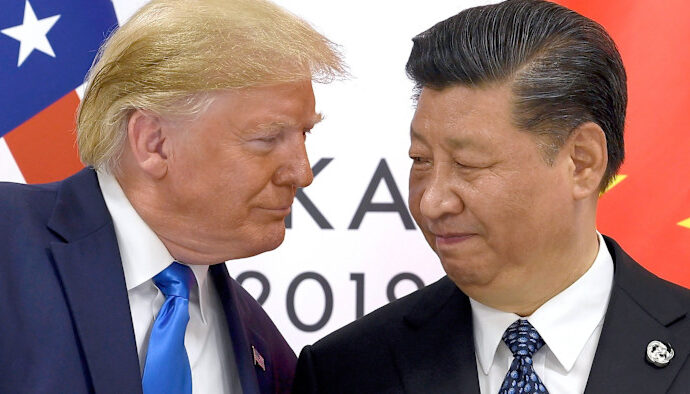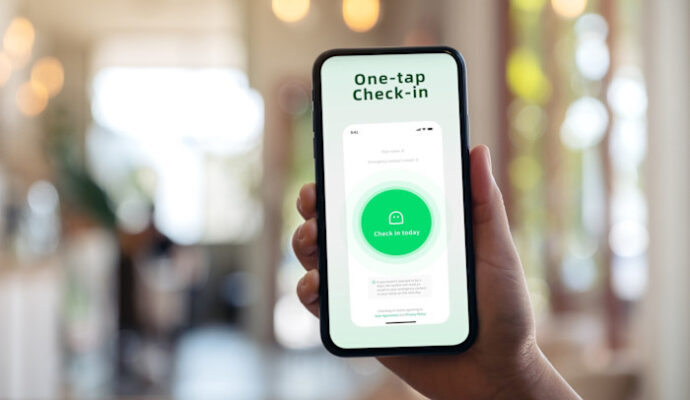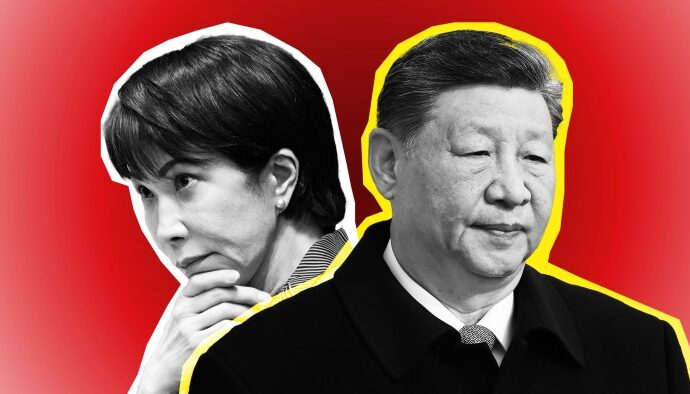Stay informed with free updates
Simply sign up to the Chinese politics & policy myFT Digest — delivered directly to your inbox.
Chinese leader Xi Jinping and North Korean dictator Kim Jong Un have held in-person talks for the first time in six years, underlining their improving ties a day after they posed with Russia’s Vladimir Putin at a grand military parade in Beijing.
Kim’s meeting with Xi on Thursday will add to concern among many in Europe and the US about what Brussels this week termed an emerging “autocratic alliance” involving the three countries.
Chinese state media did not immediately release details of the talks, but Beijing’s foreign ministry said ahead of the meeting that Xi and Kim would “exchange in-depth views on China-North Korea relations and issues of common concern”.
“Comrade Kim Jong Un’s visit . . . is of great significance,” the ministry said, adding the two countries would “strengthen strategic communication”.
The meeting signals a warming of relations between the two strongmen following what many observers believed was concern in Beijing over North Korea’s increasingly close military partnership with Russia.
In recent years, relations have blossomed between Kim and Putin, as North Korea has supplied millions of artillery shells and thousands of troops in support of the Kremlin’s war effort against Ukraine.
Xi and Kim last met in June 2019, amid a flurry of diplomatic activity surrounding summits between Kim and Donald Trump during the US president’s first term.
China’s CCTV state television broadcaster on Wednesday emphasised the “arduous and extraordinary” assistance the two regimes had given each other in the past.
The appearance of Xi with Putin and Kim heading the coterie of leaders at Wednesday’s military parade provoked US President Donald Trump to allege on social media that they were conspiring against America.
The EU’s high representative for foreign and security policy, Kaja Kallas, said the presence at the parade of the trio plus the president of Iran represented an autocratic alliance challenging the rules-based international order.
“These aren’t just anti-western optics: This is a direct challenge to the international system built on rules,” Kallas said. “And it’s not just symbolic, Russia’s war in Ukraine is being sustained by Chinese support.”
China’s foreign ministry responded that Kallas’ remarks were “full of ideological bias and lack basic historical knowledge”. It added: “Some EU leaders stubbornly cling to a cold war mentality.”


